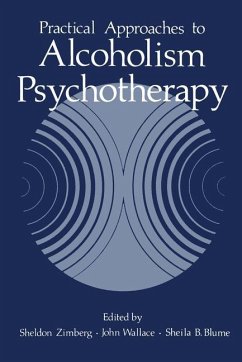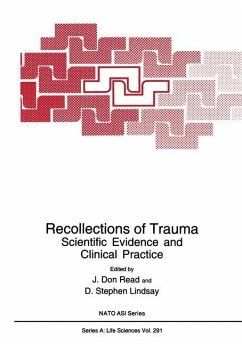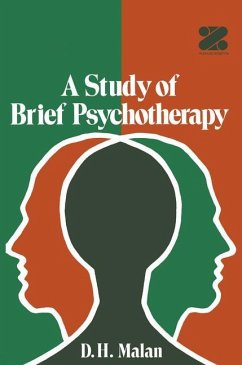Sodetal attitudes toward alcoholism are characterized by several types of denial, with disastrous personal and sodal consequences. Refusal to admit the extent of alcoholism as a major national health problem leads to a public policy which allocates relatively few resources to research, prevention, treatment, or rehabilitation. On an individual basis, the combination of sodally approved drinking and the stigma assigned to the chronic alcoholic results in individuals blinding themselves to the existence of the problem in family, friend, and self until it has reached such an advanced or obvious degree that denial is no longer possible. There is the third kind of denial, exemplified by therapeutic de spair, which proclaims thatgaps in knowledge of the cause of alco holism are so great and failures to treat alcoholics successfully so dra matic that there is no assurance that efforts will lead to a positive outcome. This denial is perhaps the most troublesome because it re flects an attitude of therapeutic helplessness. It discourages families from seeking help, and it reinfOlces the tendency of physidans and other human-services workers to overlook the presence of alcoholism as they treat its physical, sodal, and economic consequences. Denial frequently surrounds those who treat alcoholics with an aura of hope lessness, which itself is a negative therapeutic force.
Hinweis: Dieser Artikel kann nur an eine deutsche Lieferadresse ausgeliefert werden.
Hinweis: Dieser Artikel kann nur an eine deutsche Lieferadresse ausgeliefert werden.








